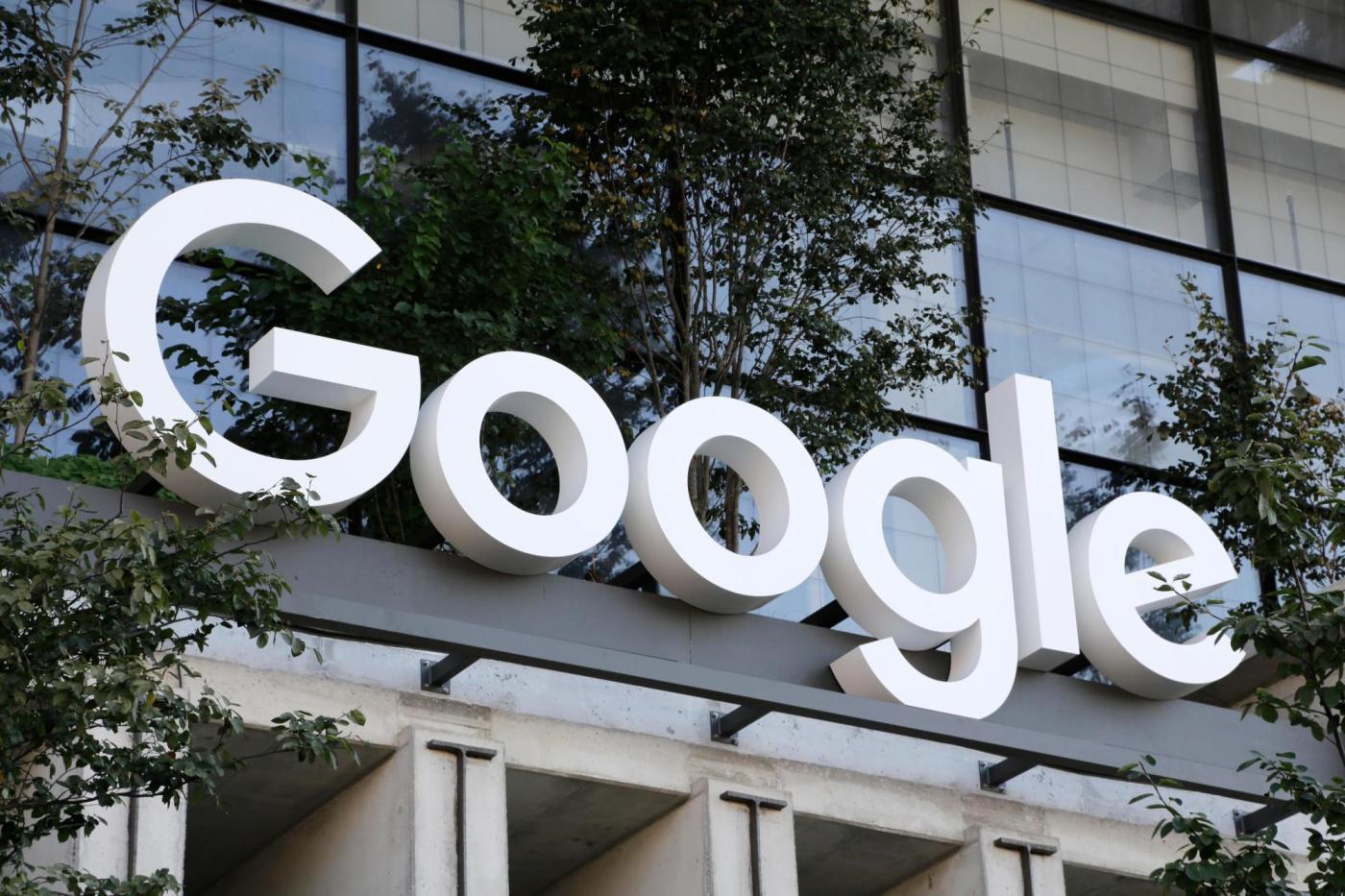
Massachusetts to receive more than $1 million from Google app store settlement
Google is in trouble, again, and Massachusetts will be receiving more than $1 million for the tech giant’s wrongdoings.
Attorneys general from all 50 states as well as those from Washington, D.C., Puerto Rico and the Virgin Islands have reached a whopping $700 million settlement with Google over allegations that the company stifled competition against its Android app store.
The settlement with the states includes $630 million to compensate U.S. consumers funneled into a payment processing system that the AGs allege drove up the prices for digital transactions within apps downloaded from the Play Store. That store caters to the Android software that powers most of the world’s smartphones.
The remaining $70 million in penalties will be going to the states, with more than $1.4 million earmarked for Massachusetts, according to Attorney General Andrea Campbell’s office.
“For years, Google has harmed consumers and app developers alike by restricting consumer’s choices for app stores, downloads, and payment methods on Android devices. Our settlement helps impacted consumers and requires Google to reform its anticompetitive business practices,” Campbell said in a statement.
Although Google struck the deal with state attorneys general in September, the settlement’s terms weren’t revealed until late Monday in documents filed in San Francisco federal court. The disclosure came a week after a federal court jury rebuked Google for deploying anticompetitive tactics in its Play Store for Android apps.
Like Apple does in its iPhone app store, Google collects commissions ranging from 15% to 30% on in-app purchases — fees that the AGs contend drove prices higher than they would have been had there been an open market for payment processing.
Those commissions generated billions of dollars in profit annually for Google, according to evidence presented in the recent trial focused on its Play Store.
Consumers who made purchases on the Google Play Store between August 2016 and September 2023, harmed by the anticompetitive practices, are eligible for the restitution. Officials estimate about 102 million U.S. customers will be receiving at least $2 and may get more based on their spending on in-app purchases during the 7-year period.
Google will also be required to make their business practices procompetitive by ensuring that Android users can download apps outside of the Google Play Store and that app developers can use their own or other payment processing and billing – not just Google’s billing system.
The agreement, announced by Campbell’s office on Tuesday, comes after Google was busted in 2022 when the company faced a slew of new requirements under a separate settlement over its location tracking practices.
That $391.5 million, 40-state settlement concluded an investigation that found Google “violated state consumer protection laws by misleading consumers about its location tracking practices since at least 2014,” Maura Healey said in her final month as attorney general before leaving to become governor.
Massachusetts received $9.3 million in that settlement.
Herald wire services contributed to this report

